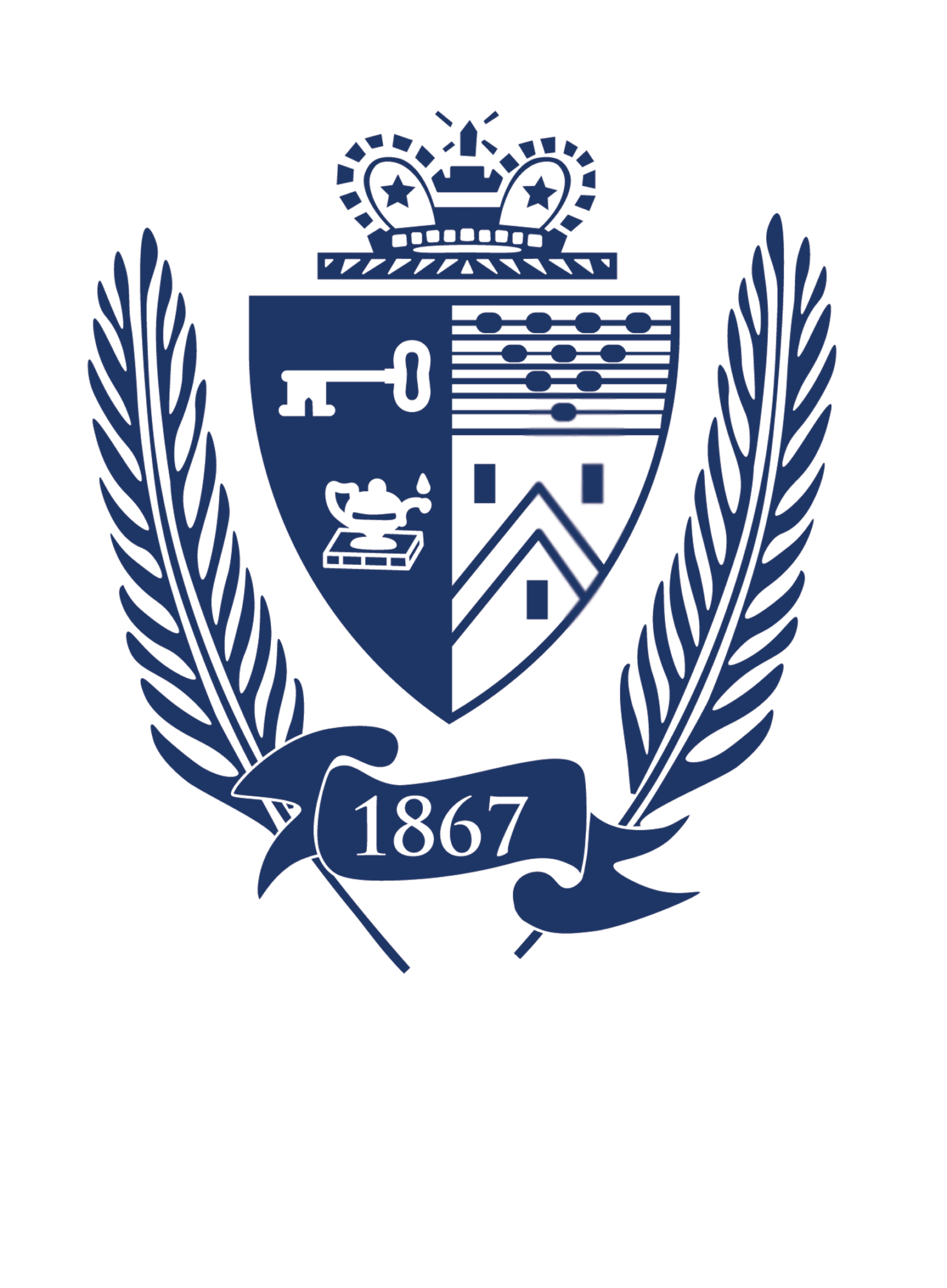 As a traditional boarding school, remote learning is the newest addition to The Storm King School’s academic program. When classes moved completely online last spring, our faculty and students adapted quickly to finish the school year successfully. This fall, remote classes have become the program of choice for nearly 30% of our students. Until everyone can be back on-campus teaching and learning in person, faculty members are doing everything they can to give their remote students equal opportunities for learning and inclusion.
As a traditional boarding school, remote learning is the newest addition to The Storm King School’s academic program. When classes moved completely online last spring, our faculty and students adapted quickly to finish the school year successfully. This fall, remote classes have become the program of choice for nearly 30% of our students. Until everyone can be back on-campus teaching and learning in person, faculty members are doing everything they can to give their remote students equal opportunities for learning and inclusion.

International Student Advisor and ESL Department Chair Mrs. Cathy Hecht has been monitoring her online students closely since the start of school. Her frequent virtual contact with them provides fellow teachers with valuable insights into their progress and a sense of each student’s experience, what is going well, and what needs further improvement.
For example, Mrs. Hecht feels that her online learners have benefited both socially and academically from attending classes daily, rather than a few days a week, as in some other schools. The availability of recorded classes that students can view after the fact has also been an important tool to help them stay on top of what’s happening in the classroom from different time zones. She, like many other teachers, has also made some special accommodations when needed for her online advisees and students such as scheduling early-morning classes and extra office hours via Zoom.
“Most of my online students have been attending classes regularly, engaged in discussions, and keeping abreast of the assignments,” explained Mrs. Hecht. “The newer students in my advisory are starting to communicate more freely with me and with one another. Overall, they have expressed that they prefer in-person classes, but don’t we all? For the most part, online students are doing well and positive about their experience so far.”

Mrs. Hecht’s insights echo the findings of a recent survey conducted by the Academic and Faculty Deans which focused on our remote students’ experience since the beginning of school. Some of the biggest challenges for online students are the strength of the WiFi connection in the home country, access to use certain platforms such as YouTube, and for new students, understanding Blackbaud and their class schedules.
According to the survey and Mrs. Hecht, a large positive has been good attendance and a high level of engagement on the part of our online learners. The majority said they found their classes to be engaging, and that their teachers make an effort to prepare interesting materials, include them, and give them the help they need. Most students also reported that their ability to stay focused is strong most of the time and that they communicate often with their teachers, advisors, and peers.
“Currently, ways to connect online learners with on-campus activities and clubs are being discussed. Community service, The National Honor Society, and others have students both online and on-campus. Through Zoom meetings, these students and advisors can come together to plan and organize school activities and support,” continued Mrs. Hecht. Some other activities under discussion include a virtual hike, taking “selfies” while doing physical activities, counting steps, and preparing a slide show to share.
To bring the whole community together, Mrs. Hecht hopes to organize a virtual Global Community Day in the near future. “In the past, this colorful event has served to foster school spirit and pride in our international community. This year, the goal will be to engage the entire school, whether online or on campus,” she continued.



